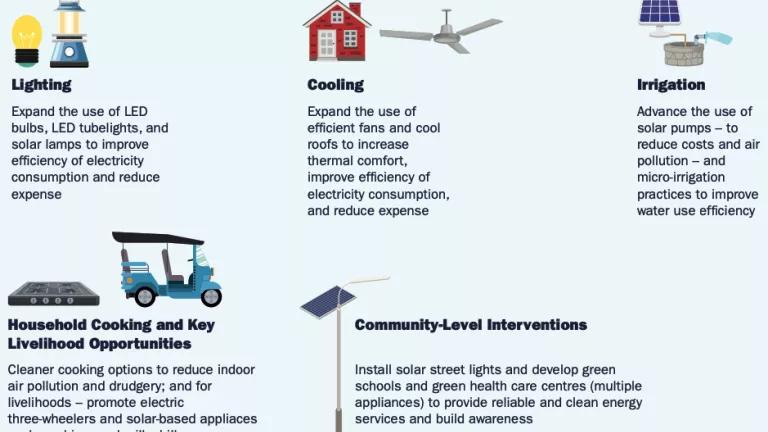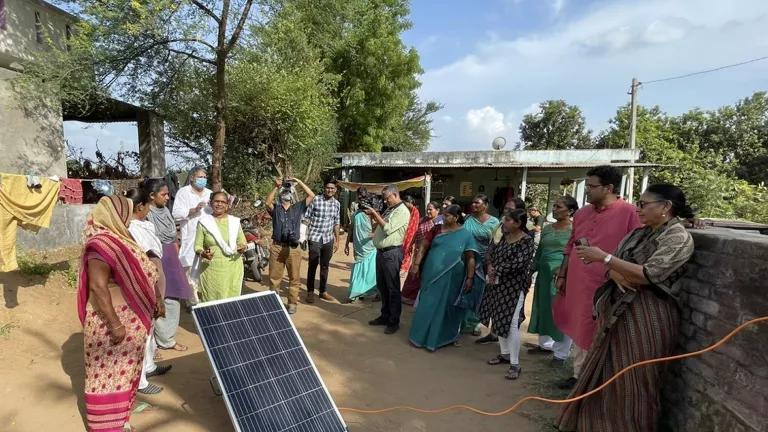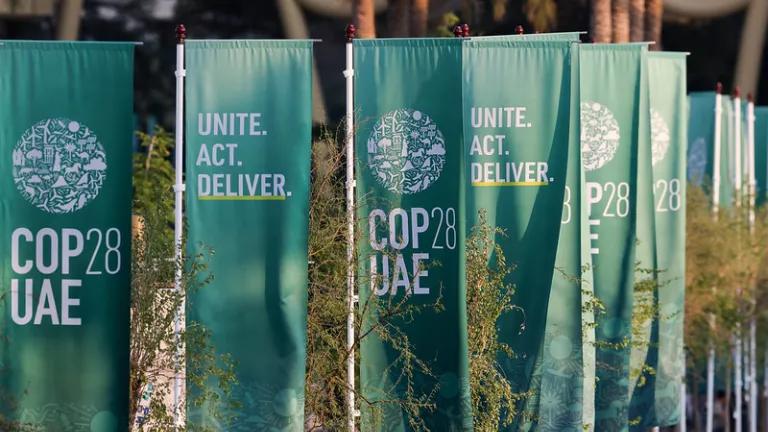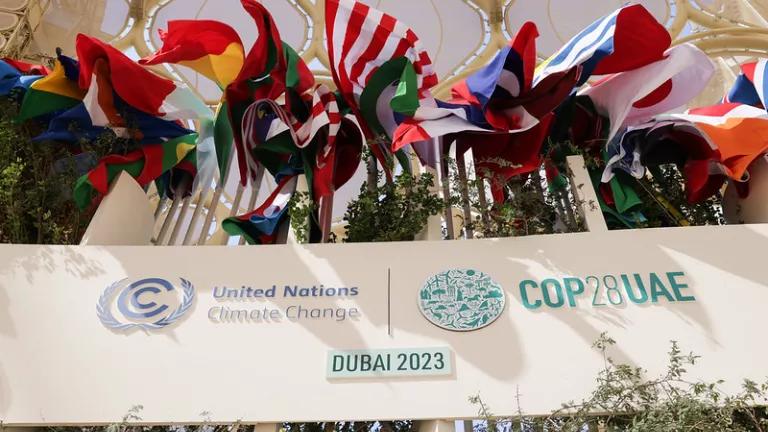Clean Energy Skills for Women Entrepreneurs in India
For the millions in rural India striving to righten their lives after the crushing impacts of the COVID-19 pandemic and the worsening climate crises, clean energy skills and trainings can be a lifeline.

The Green Village Plans' Five Interventions for Advancing the Uptake of Rural Clean Energy Solutions
Co-authored with Charu Lata
For the millions in rural India striving to right their lives after the crushing impacts of the COVID-19 pandemic and the worsening climate crises, clean energy skills and trainings can be a lifeline. As NRDC and the Self-Employed Women’s Association’s (SEWA) research for the Hariyali Green Village Plans has revealed, entrepreneurial opportunities for women in villages can dramatically improve livelihoods while accelerating clean energy use and reducing poverty. Experts at the recent “Aatmanirbhar Bharat" conference noted that renewable energy is projected to employ 3.2 million people by 2050. However, to realize the country’s massive clean energy potential, there is a significant need for skill development, especially for women entrepreneurs in India’s villages.
Women are often at the forefront of energy transitions. They constitute at least 50 percent of the consumer base but are often not explicitly considered in solutions. SEWA promotes female leadership in rural villages through financial literacy, capacity building, financing, and entrepreneurial skill development. With the Hariyali Green Village Plans, SEWA and NRDC are creating a robust ecosystem to ensure that communities, households, and local entrepreneurs continue to choose clean and efficient solutions to meet their energy needs. The Green Village Plans focus on five interventions for advancing the uptake of rural clean energy solutions. For lighting and cooling appliances, NRDC and SEWA have partnered with the Energy Efficiency Services Limited (EESL), who helped bring down the cost of energy efficiency through bulk procurement and have so far supplied 300 appliance kits for village households.
The implementation of the Green Village Plans includes a focus on conducting skill development trainings for both clean energy users and local service persons. The trainings cover repairs, maintenance, and operations to ensure a seamless user experience and encourage adoption. SEWA, NRDC, and EESL recently organized a virtual training for SEWA members in three districts across Gujarat and Rajasthan. The training was conducted in both Hindi and Gujarati and the goal was to build local capacity and provide participants with clean energy entrepreneurial and technical skills.

Snapshots of the Training
Women entrepreneurs learned to differentiate energy-efficient appliances and their basic troubleshooting and repair which would help increase adoption and reliability of clean energy at the village level. By the end of the training, participants had an understanding and awareness of various lighting solutions—such as incandescent, compact fluorescent lamps and LED lamps—as well as their relative energy consumption. SEWA members also learned important aspects of communicating the cost-benefits of clean energy, which would help them take these appliances to other rural households.
With pilots underway, lessons from the Hariyali Green Village Plans will help scale-up these interventions to at least five to ten villages this year, and to many more in the future. Over half of India’s population—around 900 million people—live in villages and empowering women through skill-based trainings has the potential to transform village energy use in India.
Charu Lata is the Electric Mobility and Clean Energy Expert Consultant with NRDC's India Program




